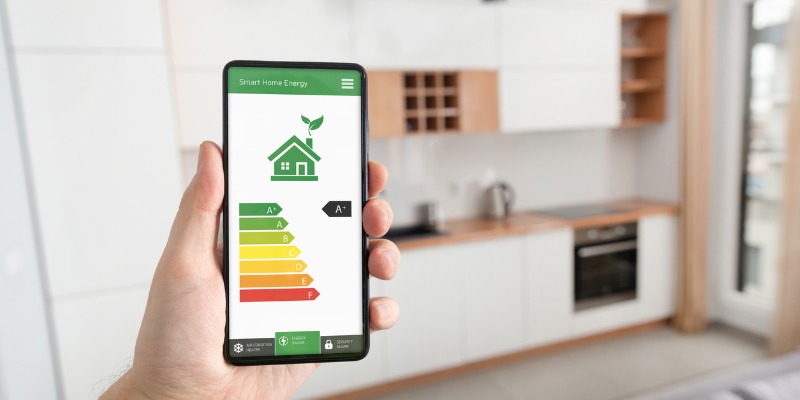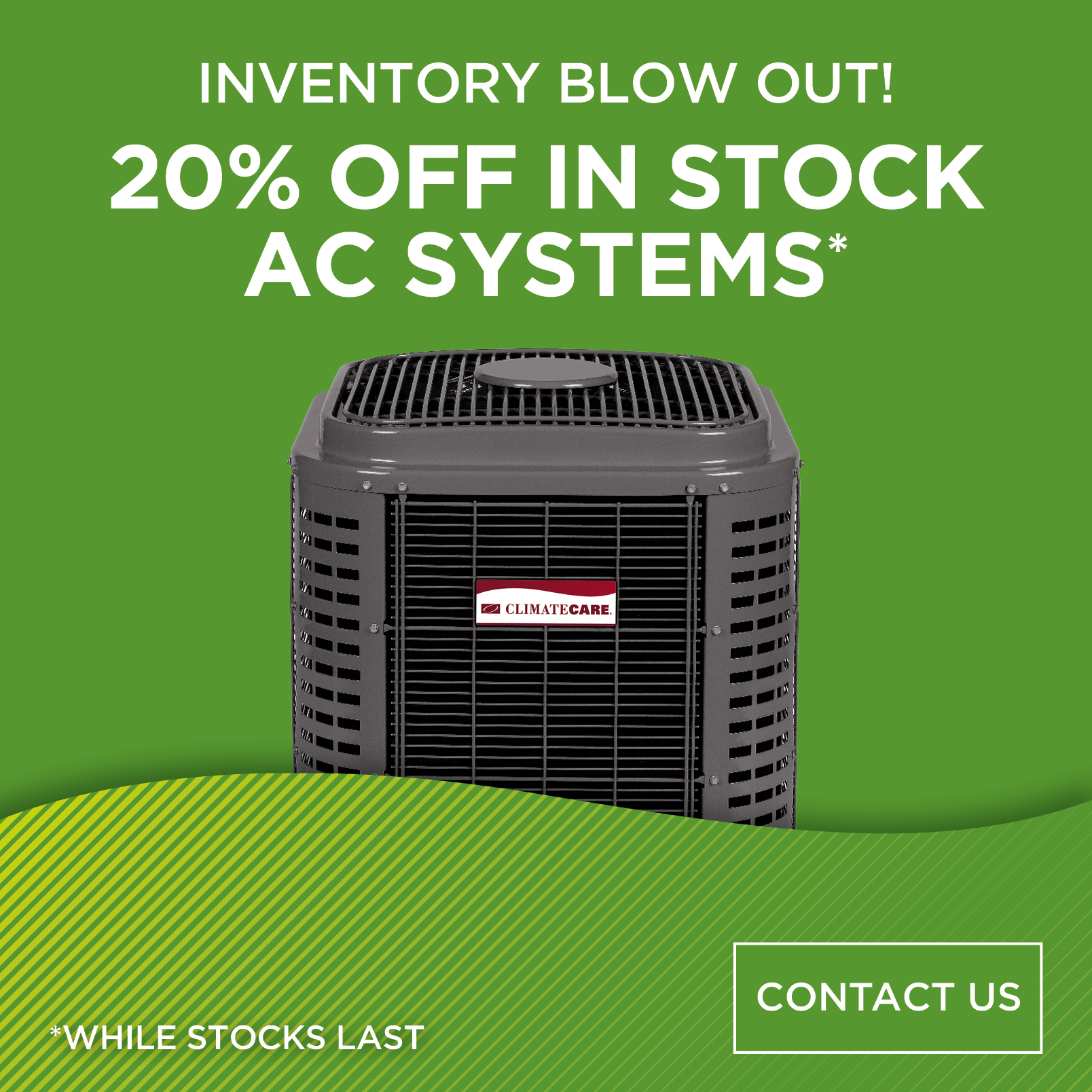Living in a cold climate calls for a dependable HVAC system. However, most homeowners are unaware that there are many different types of heating systems to choose from. There are also two types of recovery ventilators available:
- HRV: heat recovery ventilator
- ERV: energy recovery ventilator
While both deliver warm air throughout your home using a centralized mechanical system, understanding the difference between the two can help you choose the best system when that cold weather arrives. Here’s a comparison between the two to help you understand your options and whether to choose HRV or ERV for cold climates.
What is the Difference Between HRV and ERV?
The main difference between energy recovery & heat recovery ventilators is the comfort level they provide. While both heat your home effectively, where you’ll feel a difference is in the humidity levels in the space. This is because they have different cores. In an HRV, the core uses sealed dividing walls to protect against humidity. However, with an ERV, the core contains desiccant material that absorbs humidity.
So which one keeps things more comfortable? The ERV is better at keeping more humidity in your home. This is because it redirects humidity so when there is more humid airflow, it travels to where there is less humid flow. As a result, when humidity levels are higher inside than outside in the winter months, the ERV helps compensate by drying air leaving your home and humidifying air that comes into your home. Simply put, ERVs are best for drier homes, while HRVs are best for humid homes.
To learn more about what ventilation system would be most beneficial for your home and your family, call the experts at RB Heating ClimateCare today to get the best advice.
How Do HRVs and ERVs Work?
Both systems provide similar functions by removing pollutants in your home such as odours or gas and excess humidity. At the same time, they recirculate the air in three-hour intervals so that you are constantly having the air expelled by the system and then replaced with fresh air. They both use filters that help keep irritants such as dust, pollen, and bugs out of your home environment. And both use ductwork to deliver warm air to the rooms in your home.
A big benefit for the most energy-efficient HRV and ERV systems is thin dividing walls used in the core. These walls allow incoming and outgoing air to cross paths but never touch. As a result, the walls remain airtight yet allow for sensible heat transfer. This energy-saving heat recovery and adaptable air exchanger settings in winter make the system far more efficient. As mentioned, the only difference in the walls is how the desiccant material in the ERV help absorb some of the humidity.
Which One is Best?
As you can see, humidity management varies between the two systems. Therefore, when choosing HRV or ERV in Canada, you need to understand the humidity levels in your environment in hand with the following:
- Family Size: If you have a larger household, with more people living in the home, you will have more humidity in your house. In this case, the HRV is best. Smaller families are better off with the most efficient ERVs as the environment will tend to be drier.
- Space: HRV units are better for small to medium-sized homes as humidity tends to build up quickly in smaller spaces. If your home is larger, the air will tend to be drier, so an ERV is best.
- Insulation: If your home is airtight, it will maintain more humidity, making the HRV a better choice.
- Heating System Type: If your home is wood-heated, the air tends to be drier, so an ERV is the way to go.
- Climate: Cold dry climates call for an ERV, while the best HRV for cold climates tends to work better in winters that are milder and more humid.
If you are looking to discuss your options for ventilation and better air quality, look no further. Call the experts at RB Heating ClimateCare today to find the best ventilation options for your needs and budget.









